
Africa has seen a great deal of progression in the former two millennia. It is
is one of the continents still with indigenous tribes who still maintain their cultures.
Culture preservation is one of the many inventions that have come to define our modern society. But, somewhere in remote areas and rich plains of Africa, there are groups of people who continue to live peacefully without dependence on any of the inventions the modern world values so dearly.
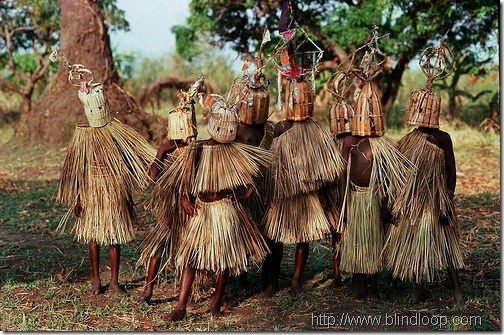
These are the indigenous communities whose traditions, customs and way of life have astonishingly withstood the test of time and the sweeping force of modernization.
While modern society has affected their way of life to a significant degree, tribal affiliation still remains a great source of pride for the natives. With that in mind, here is a look at 10 of Africa’s most notable tribes.
- Zulu

The natives of Zulu coin themselves to be “the people of the heavens,” and rightly so. People of this tribe wear casual outfits; the Zulu in comparison to other tribes have a modern outlook and lifestyle.
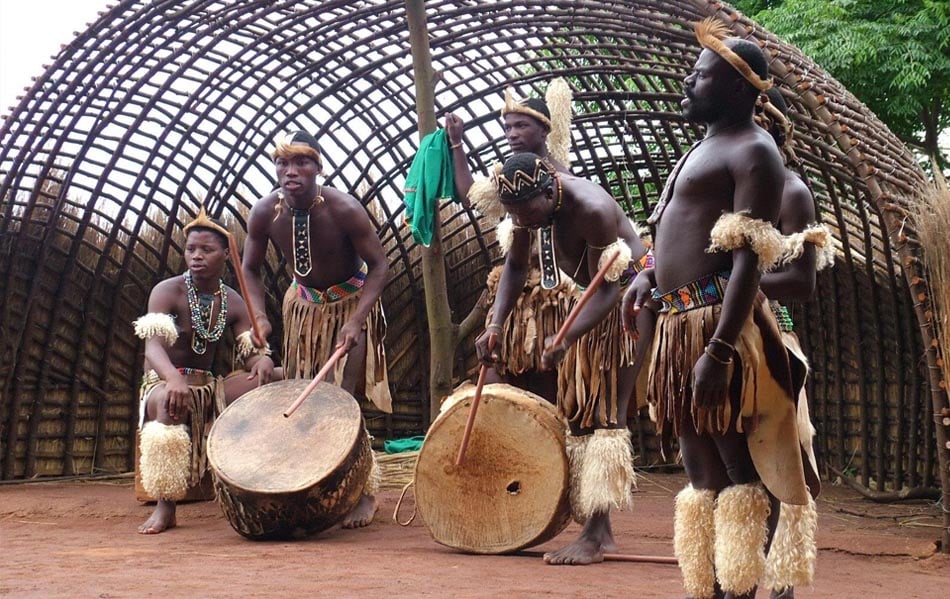
It is the largest ethnic group in South Africa with around 11 million people, the Zulu tribe is perhaps the most famous in all of Africa. Tourists can even visit the cultural village of Shakaland and get a taste of Zulu tribal life!
2. Maasai

The Maasai are hands-down the most famous tribe in Kenya and secon most famous in Africa. While the minority of its people have adopted a modern lifestyle, most haven’t forgotten their roots, often displaying their traditional Shuka plaid sheets and beaded jewels.
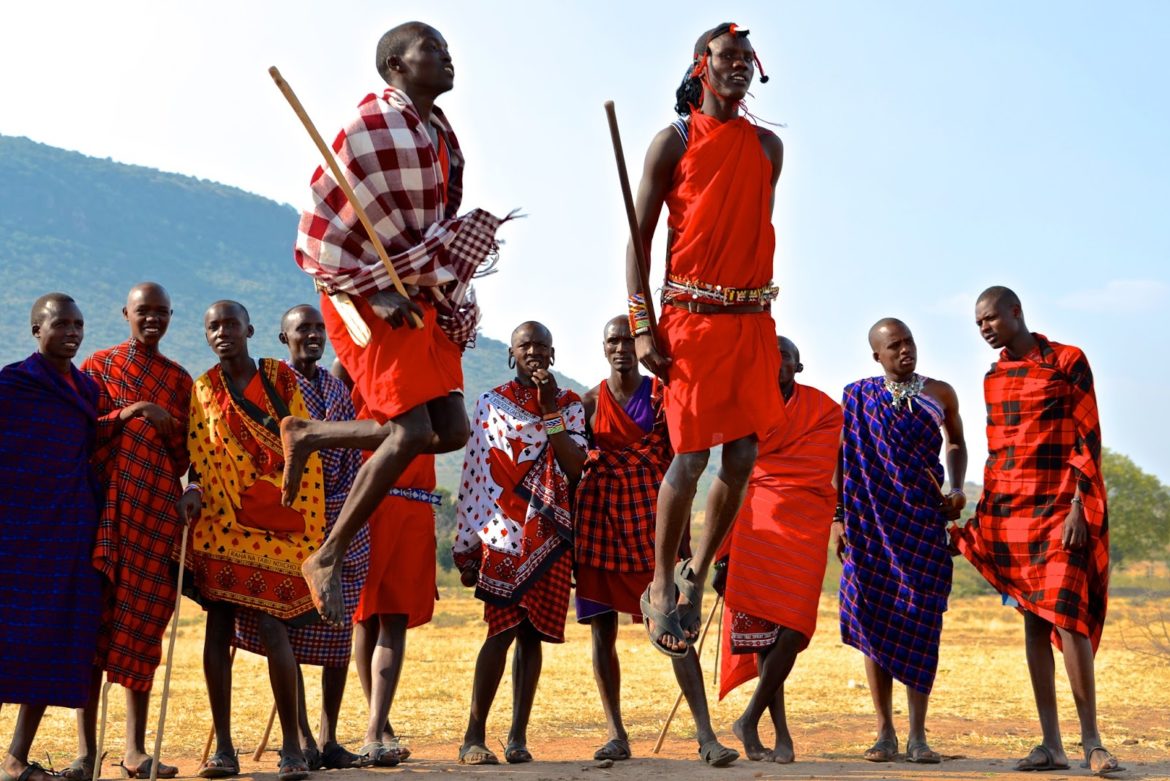
They also continue to live in Boma huts and herd cattle. Maasai’s are known for their fearless nature and their fierce confrontations with the king of jungle the Lion! Maasai’s are also known for their traditional cultural songs and their unique way of jumping high up while singing. They are simply marvelous with their culture.
The Maasai’s traditional dress is as fascinating as their way of life. Men are known for their red “shuka” or robes, while women dazzle in their red garments known as ”kanga,” traditionally complemented with elaborate, colourful beads and necklaces. The red colour is a symbol of chivalry and bravery in the Maasai Community.
3. Oromo

The Oromo tribe is made up of people who live in southern Ethiopia, northern Kenya and parts of Somalia. It is also the largest ethnic group in Ethiopia, comprising 35% of the country’s population.
4. Yoruba
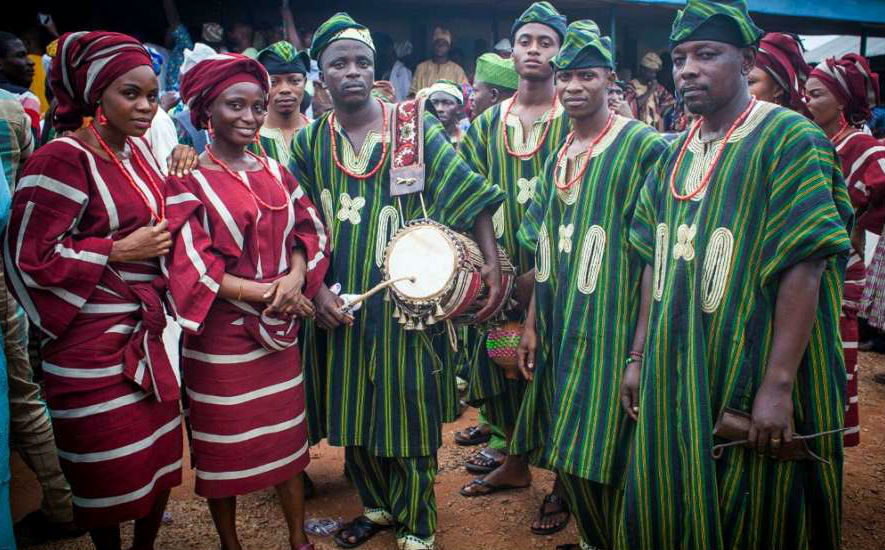
With a population of 35 million people, the Yoruba are by far the largest tribe in all of Africa. Most live in Nigeria with the rest situated in southern Benin.
5. Kalenjin

You might not think you’re familiar with this tribe, but if you follow long-distance running even at a casual level, then you should know that the famous elite Kenyan racers who seem to win every marathon are Kalenjins.

They are found in the Rift Vlley parts of Kenya and spreads westwards to the neighbouring country Uganda. They are well known for their favourite drink Mursik (fermented milk)
6. Hausa

Another large tribe, what separates the Hausa from the others is just how racially diverse and spread out they are. You can find Hausa tribespeople in Sudan, Niger, Nigeria, Chad, Togo, Cote d’Ivoire, Sudan and Ghana. Both men and women adhere to a strict dress code with colorful attire featuring striking embroidery.
7. Himba

The Himba tribe in northern Namibia consists largely of semi-nomadic pastoralists. They are known as the “red people of Africa” due to a red paste made up of clay and butter that they paint themselves with. They are also notable for the holy fire (okuruwo) that burns 24 hours a day in honor of their ancestors.

Both men and women wear loincloths of soft leather. Himba women are famous for their unique hairstyles and they use “otjize” – a paste of red ochre, butter, and fat, which they smear on their hair and skin, making their bodies glow with beauty. From puberty, women braid their hair and start applying this paste all over their bodies, giving them a striking red hue. While “otjize” protects their skin from the sun, this tradition is essentially done for aesthetic reasons.
8. San Bushmen

Probably the hardiest tribe in Africa, the San Bushmen of western Botswana are notable for being featured in the movie The Gods Must Be Crazy. They somehow manage to live in extremely dry and arid climates in which water is scarce.
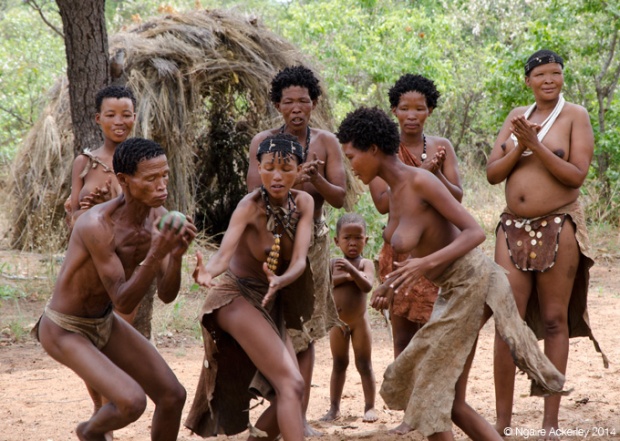
There are 100,000 Bushmen in Botswana, Namibia, South Africa and Angola. They are the indigenous people of southern Africa, and have lived there for tens of thousands of years.
9. The Karo

With an estimated population of 1,000 to 2,000, the Karo Tribe makes up some of the smallest indigenous groups left in Africa. The ethnic group occupies the Lower Omo Valley in Southern Ethiopia along with a slew of other tribes.
The Karo continue to practice several traditional customs that were practiced by their ancestors centuries ago. One such tradition is the culture of body art, which has become an intrinsic part of the group’s identity. The Karo paint their bodies with a mixture of white chalk, yellow mineral rock, iron ore, and charcoal to express beauty.
10.The Dogon

The Dogon people of Mali have a rich history and are believed to be descendants of ancient Egyptians.
They are renowned for their astronomical knowledge and wisdom dating back to 3200 B.C. Astonishingly, the Dogon knew about Sirius, the brightest star in the sky, and its three-star system (Sirius A, Sirius B, and Sirius C) long before scientists began contemplating the star’s existence. They knew that Sirius B was invisible to the naked eye and that it has a 50-year orbital period.
It remains a mystery how this intelligent tribe possesses such astounding astronomical wisdom. This is a quality they shared with the Ancient Egyptians, who also had knowledge about Sirius, and considered this star system an important part of their origins as they believed that’s where some of their gods came from.